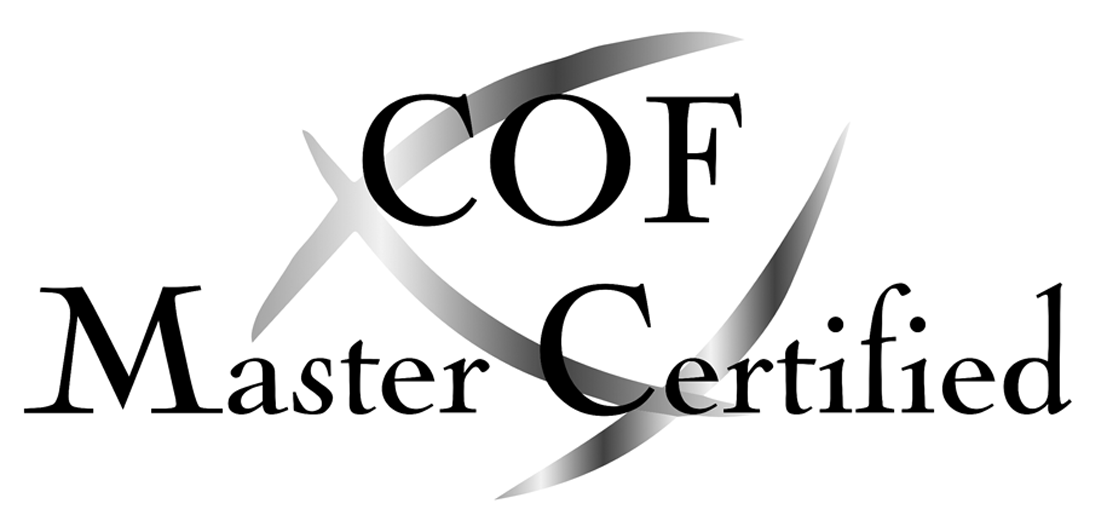While all human beings and cultures are unique, there are “typical Germans” and “atypical Germans”. This becomes clear when you start to compare cultures. When working internationally and interculturally, understanding both differences and similarities can be useful for decision making and predicting behavior. How is this done? – by making cultural comparisons based on scientific data. By doing so we move beyond clichés and stereotypes.
Based on deep rooted preferences we learn in our early socialization process we can identify relevant differences and similarities particularly in these areas:
- explicit or implicit communication
- short- or long-term orientation and planning
- emphasis on the individual – or the group
- attitudes about hierarchies and power
- sources of motivation
- attitudes about uncertainty
- gestures that are culturally specific
- perceptions and understanding of time
When we work with diverse cultures, understanding is difficult without knowing the codes of other cultures. In our digital, virtual, synchronous and asynchronous world, we’re relying on just 2 of our 5 senses. In this 2-dimensional reality, being culturally savvy is an advantage, or even a necessity.
Ignorance of cultural differences can lead to misunderstandings, antipathies, and conflicts. Knowing about cultural differences is therefore an important step in enabling successful collaboration, driving innovation and success.
People act and interact in a way they consider “normal” – but is the “normal” the same across cultures? Values underpin our cultures and our behaviors. Becoming aware of your own culture(s) and values is an important first step. Why should you improve your understanding of diverse cultural values and ways of behaving? It is a solid investment in successful global collaboration, your career and your personal growth as an enlightened human being.
In intercultural coaching we combine reflection, knowledge transfer and empowerment. This includes effective management of change and communication between cultures. Intercultural competence is the ability to interact successfully and appropriately with individuals and groups from other cultures.

Take a first step. An initial consultation is at no cost and about getting to know each other, understanding circumstances, objectives and building trust. Contact Thomas Imfeld at imt@bullseyeinternational.ch or call +49 651 463 10822
www.bullseyeinternational.ch
© Thomas Imfeld | bullseye international GmbH
Legal Notice | Privacy Policy










